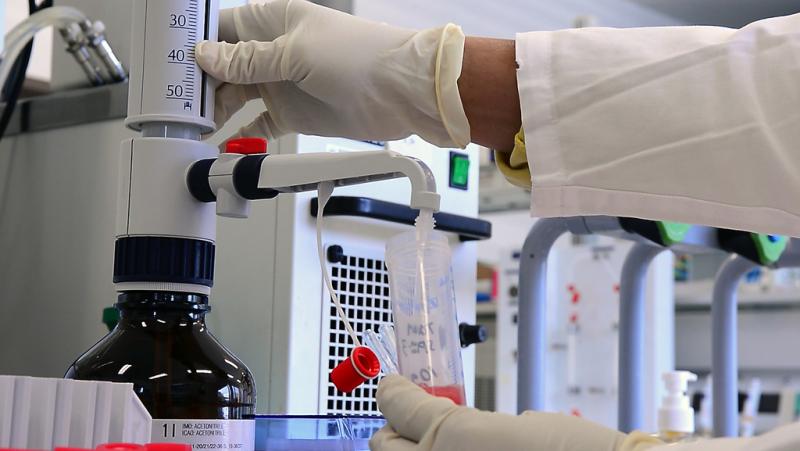
Secret safety studies undermine EFSA's transparency claims
Europe's public food safety watchdog, the European Food Safety Authority (EFSA) is still not up to its responsibilities when it comes to transparency, claims a coalition of civil society groups in an open letter. The signatories denounce the secrecy around safety studies, ahead of EFSA’s conference on transparency that will take place tomorrow (3 October 2013) in Parma as part of its transparency initiative.
Currently, EFSA does very little original research. It elaborates its opinions on the safety of all food and food-related products (such as additives, pesticides or GMOs) using dossiers of studies and analyses performed or sponsored by the very same companies that are applying for market authorization of these products in the EU. But these dossiers and the raw data of the tests summarized in them are routinely kept secret under commercial confidentiality agreements with regulators.
“Having industry perform and report the tests on which authorizations are based casts doubt on the validity of the entire authorization process,” said Nina Holland, a researcher and campaigner at Corporate Europe Observatory (CEO). “The fact that the details of the tests are kept secret only adds to the lack of public confidence in EFSA's assessments. The minimum solution to this situation is full and pro-active transparency of these dossiers from the moment they are submitted to EFSA, pending a more adequate risk assessment system.”
For now, public access to these studies has been hard-won and partial. In some cases, disclosure could only be obtained by legal action1. As an example, this year, in the wake of the controversy caused by a long-term study on a type of maize produced by Monsanto (glyphosate-tolerant NK603 maize)2, EFSA published parts of Monsanto’s dossier, which triggered legal threats by the company. Today, the risk assessment studies on glyphosate, the most used pesticide in the world, remain secret, which is also the case for industry data on all pesticides.
Martin Pigeon, a researcher and campaigner with CEO, said: “Transparency isn’t only needed to improve public confidence in EFSA’s work but also in order to ensure EFSA’s assessments are based on sound science. A fundamental principle of science is replicability: the methodology and results of the industry tests need to be made public so that other scientists can replicate the test and see if they get the same result. Yet apparently we are supposed to take industry’s results – which we can’t even see – on faith. This is unreliable and unacceptable.”
Photo: IAEA Imagebank (CC 2.0 by-nc-nd)
- 1. Séralini, G. E., et al. (2007). New analysis of a rat feeding study with a genetically modified maize reveals signs of hepatorenal toxicity. Archives of Environmental Contamination and Toxicology 52(4): 596–602
- 2. Séralini, G. E., et al. (2012). Long term toxicity of a Roundup herbicide and a Roundup-tolerant genetically modified maize. Food and Chemical Toxicology 50(11): 4221-4231
